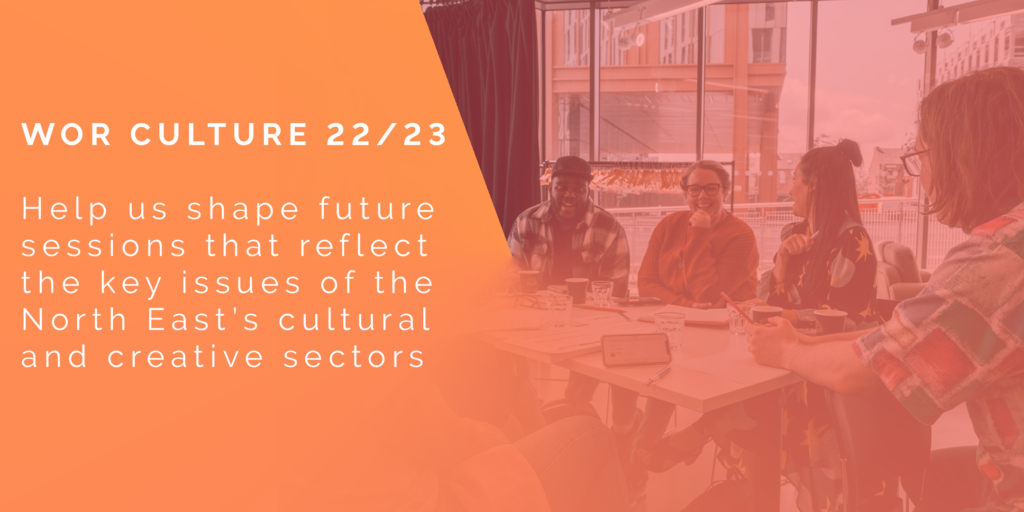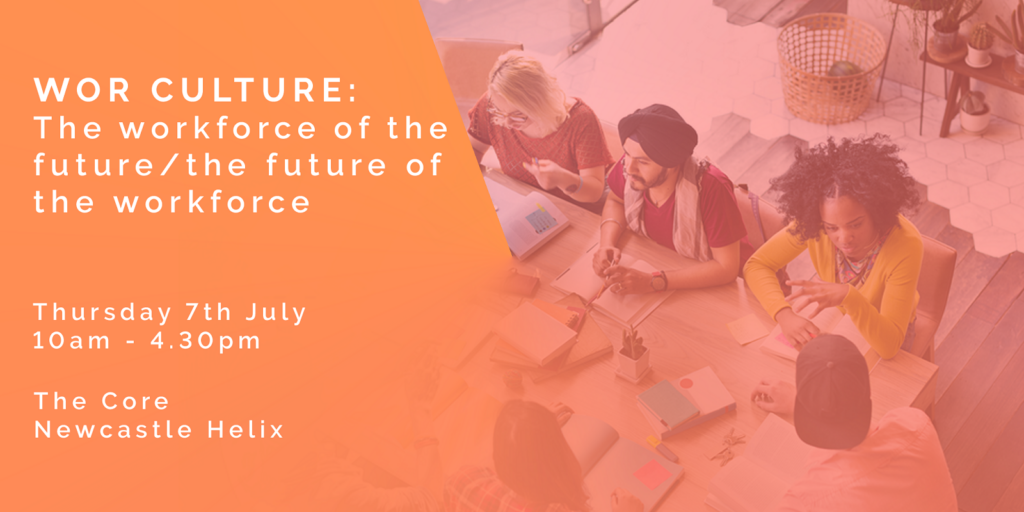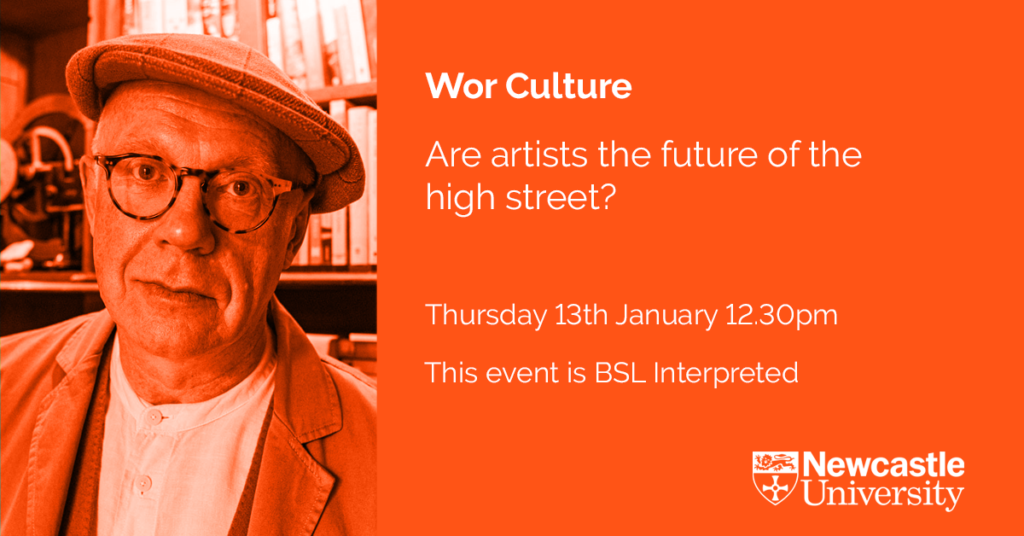
Hello Everyone,
We’re getting in touch to introduce ourselves from the University and to start to shape plans for Wor Culture from this autumn onwards. As you may know Vee Pollock is away on research leave now until August 2023 and the University have asked us both to lead on Wor Culture until she gets back. We’ve added short biographies below, so you have a better idea of who we are.
As things stand, we’re thinking of setting up a mix of online and in person events and as previously would be very keen to hear from you as themes and concerns emerge so we can work together on the planning and the curating. Do please get in touch if there are areas you’d like us to think about and indeed with thoughts on people we might want to invite. You can contact us directly or share your thoughts by using the short form on the following link https://bit.ly/3QM19t9
We’re both very much looking forward to working with you in shaping how Wor Culture develops in the coming year.
With best wishes,
James Annesley and Kirsten Gibson
James Annesley’s background is in literature and before covering Vee as Acting Dean for Culture and the Creative Arts, he was Head of the School of English at Newcastle (2013 – 2020). In that role, he gained wide experience working with cultural partners (particularly literature focussed organisations like Seven Stories and Bloodaxe Books), local authorities, regional SMEs and freelancers and has a lot of experience supporting activity in your sector.
https://www.ncl.ac.uk/elll/people/profile/jamesannesley.html
Kirsten Gibson’s background is in music, and before taking on the role of Associate Dean of Engagement and Place for the Faculty of Humanities and Social Sciences during Vee’s research leave, she was Head of Music at Newcastle (2018-2021). In that role she worked closely with Vee and a range of cultural partners and freelancers devising and delivering partnership work and engagement projects within Music (including with Music Partnership North, Samling Academy, Nordoff Robbins, Sage Gateshead and Opera North).
https://www.ncl.ac.uk/sacs/people/profile/kirstengibson.html




